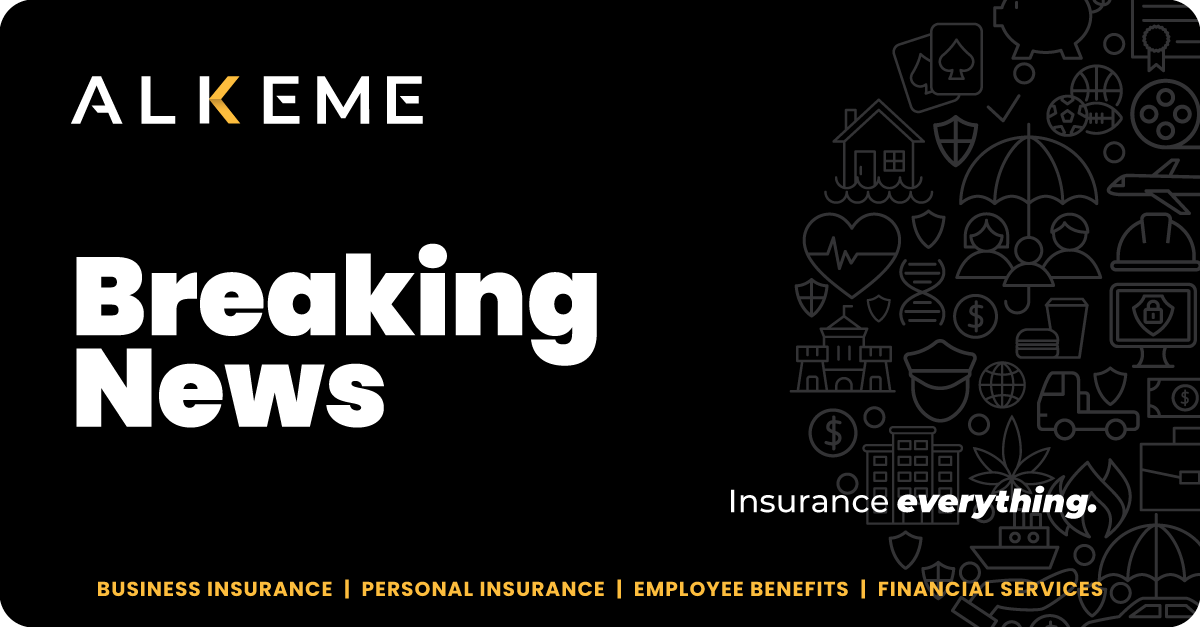In today’s digital age, cyber liability insurance has become a critical safeguard for nonprofits. Nonprofits are increasingly relying on digital tools, which unfortunately makes them more vulnerable to cyber threats like data breaches, phishing attacks, and ransomware. Cyber liability insurance is crucial for protecting these organizations from financial and operational disruptions caused by such attacks. This type of insurance covers financial losses stemming from cyber incidents, such as data breaches, business interruptions, and cyber extortion. Key components include:
- First-Party Coverage: This protects against direct losses suffered by the nonprofit, such as data breach response costs and business interruption.
- Third-Party Coverage: This covers claims from individuals or organizations affected by the nonprofit’s data breach.
- Regulatory Coverage: This helps with fines and penalties imposed by regulatory bodies for data protection failures.
- Cyber Extortion Coverage: This covers payments and associated costs to deal with ransomware and other forms of cyber extortion.
Common Cyber Threats to Nonprofits
Nonprofits are often prime targets for cyber threats due to the sensitive information they handle. Common threats include:
- Data Breaches: Unauthorized access to donor and beneficiary information can lead to identity theft and financial fraud.
- Phishing Attacks: Cybercriminals exploit trust to steal sensitive data through deceptive emails and websites.
- Ransomware: This malicious software locks down critical data and systems, demanding a ransom for their release, causing significant operational disruptions.
Benefits of Cyber Liability Insurance
Cyber liability insurance offers comprehensive financial protection by covering:
- Response and Recovery Costs: This includes expenses related to investigating and mitigating a cyber attack.
- Legal Defense and Regulatory Fines: Ensuring compliance with data protection laws by covering legal costs and penalties.
- Expert Assistance: Many policies include access to cyber security experts who can assist with breach response and public relations efforts, helping to manage the crisis effectively.
Implementing Cyber Liability Measures
To bolster cyber security, nonprofits should adopt the following best practices:
- Regular Software Updates: Ensure all systems are up-to-date to protect against known vulnerabilities.
- Cyber Security Training: Conduct regular training sessions for staff to recognize and respond to cyber threats.
- Strong Password Policies: Implement and enforce robust password policies to protect accounts and data.
- Data Backups: Regularly back up data to ensure it can be restored in case of a cyber incident.
Integrating these measures with cyber liability insurance provides a comprehensive defense strategy, ensuring both proactive and reactive protection against cyber threats.
Cyber liability insurance is essential for nonprofits to mitigate the financial and operational impacts of cyber attacks. Nonprofit leaders must evaluate their current cyber security measures and secure comprehensive insurance coverage to protect their digital assets. By doing so, they can ensure the continuity of their mission and maintain the trust of their stakeholders.




